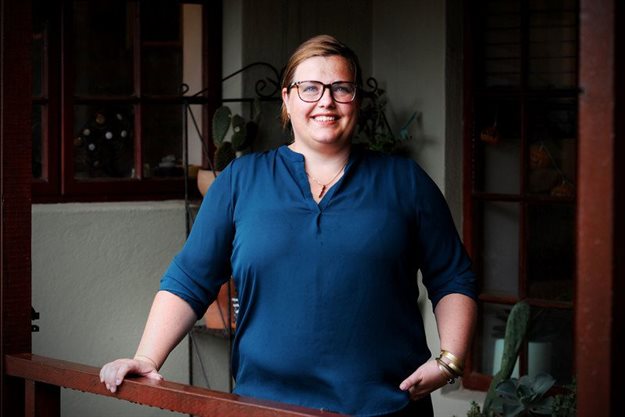






Jointly led by Dr Jiska de Groot, senior research fellow at the University of Cape Town’s (UCT) African Climate and Development Initiative, and Dr Federico Caprotti of the University of Exeter in the United Kingdom, the £500,000 award funding will be used to provide workable solutions to address energy-related challenges in these areas.
The team has developed a new approach to providing power to these communities. Titled “Urban transformation in South Africa through co-designing energy services provision pathways”, the project focuses on providing clean, safe and reliable energy to those who live in informal settlements.
“Our project is trying to solve the global challenge of access to affordable and clean energy for all. Energy is an enabler of development. The lack of energy doesn’t just create health impacts, but also huge inequalities and opportunities for people to develop,” explained De Groot.
To overcome the challenges caused by this lack of access to energy, as well as those posed by policy, legal and jurisdictional barriers, the team developed a novel approach to electricity supply in off-grid areas. The solution involves using renewable energy in combination with sustainable, pay-as-you-go business models.
Having identified off-grid informal settlements in Cape Town, the team worked with community representatives, non-governmental organisations and UK energy organisations to address the challenges in each settlement.
The researchers devised a system that paired solar-powered minigrids with app-based business models to provide energy for multiple uses. This led to the testing of the minigrid in informal settlements in Cape Town where the team was able to produce electricity that is up to 40% cheaper than that from current suppliers.
“Safe and stable electricity through solar minigrids can contribute in a significant way to providing adequate and safe housing,” said De Groot. “This is because solar microgrid-delivered electricity enables the provision of safe lighting and safe electricity connections, which avoids the need to have illegal, unsafe electricity connections to the national grid. It also avoids the need to burn candles or other combustible materials for indoor lighting, reducing fire risk not just for the household but for the wider, usually densely populated informal settlements.”
The team is now looking to focus on providing electricity for refrigeration in these off-grid communities. Access to refrigeration allows for economic and time savings, as well as reducing the risk of falling sick from food-borne illnesses. As a result, refrigeration is one of the most sought-after applications for electricity in informal settlements.
Focusing on this need, the research team launched the Umbane initiative, which aims to “power innovative sustainable businesses with productive use appliances in South African informal settlements at the margins of the grid”. The programme will be implemented in conjunction with Zonke Energy, a minigrid producer; sustainability consulting agency Thrie Energy Collective; and social enterprise Story Room.
The initiative will concentrate on how renewable energy technologies like solar-powered minigrids can drive sustainable businesses that require refrigeration in off-grid areas. In addition to generating health benefits, the scheme will also empower local entrepreneurs to earn an income and create employment opportunities in their communities.

